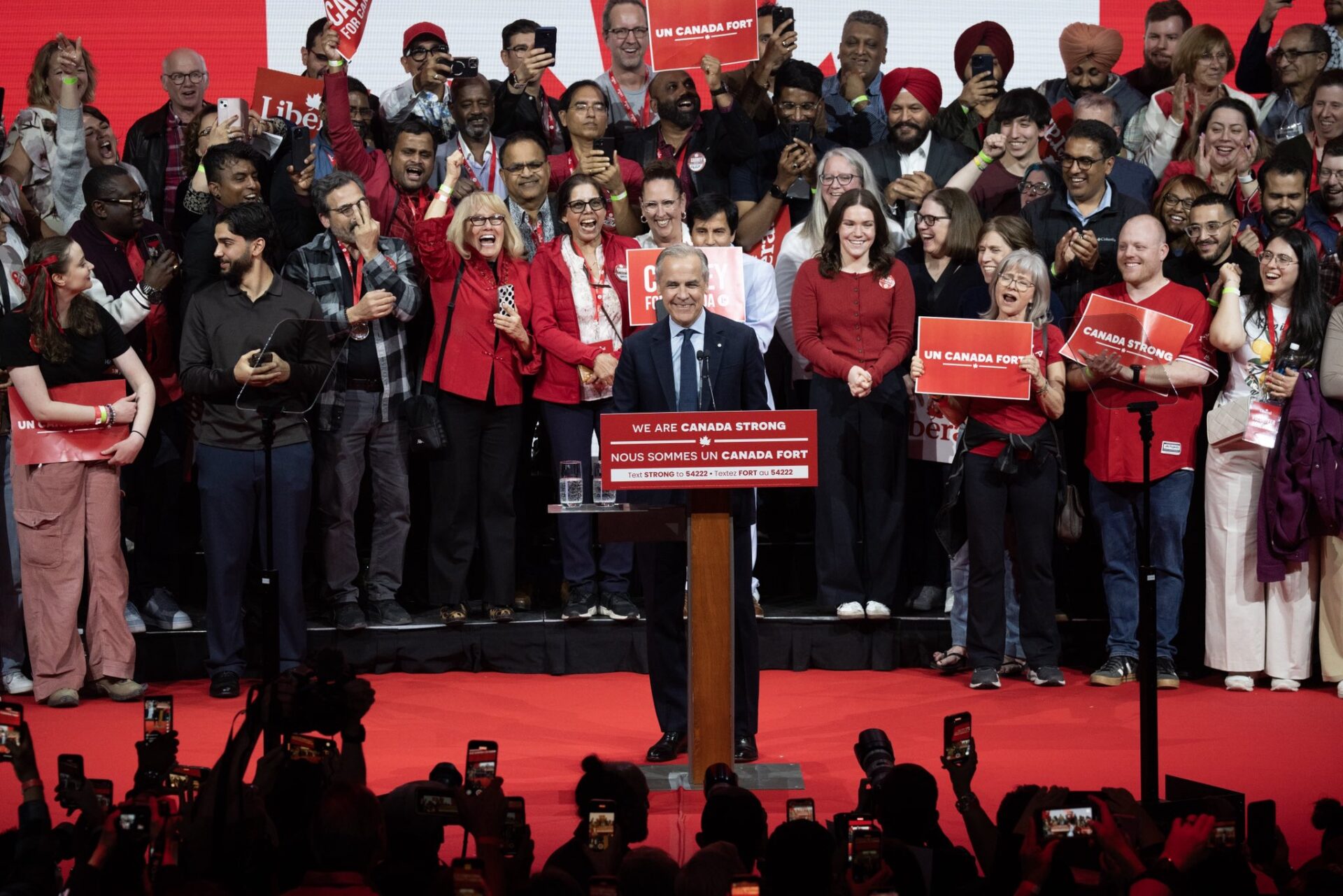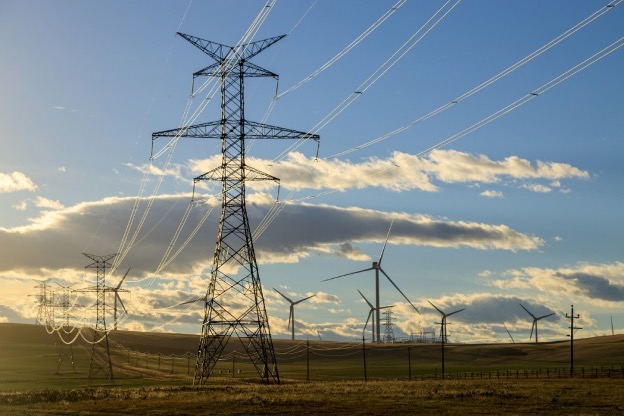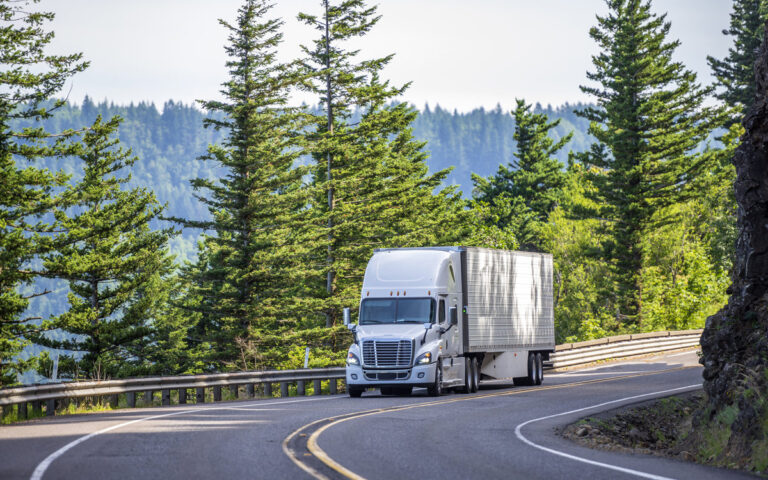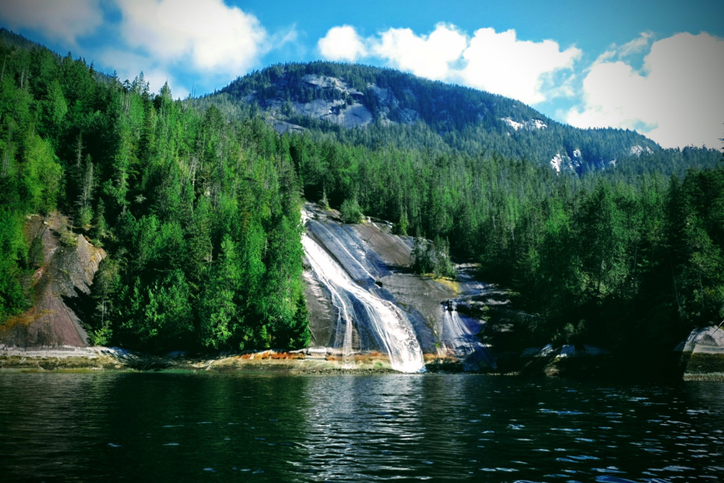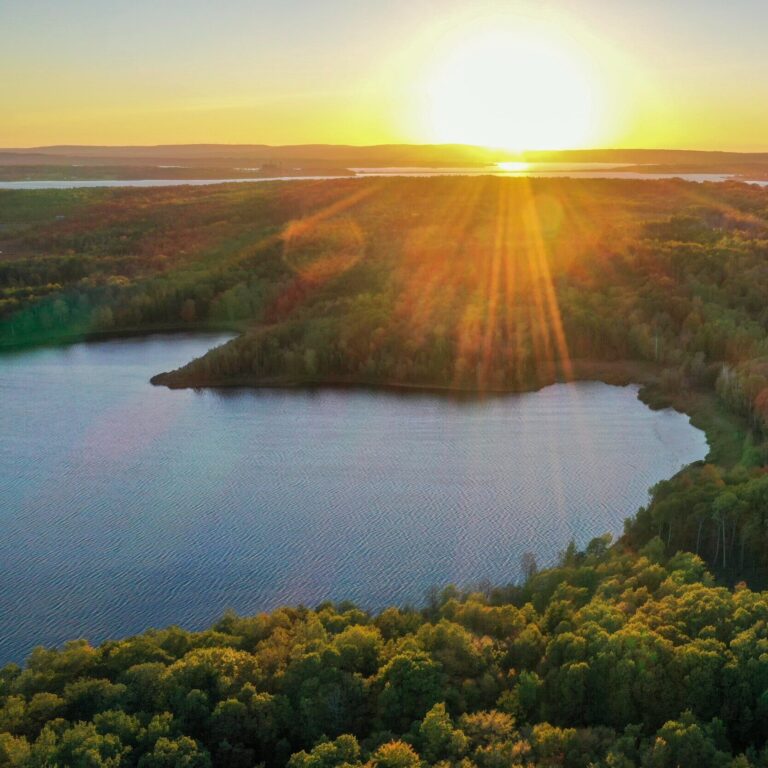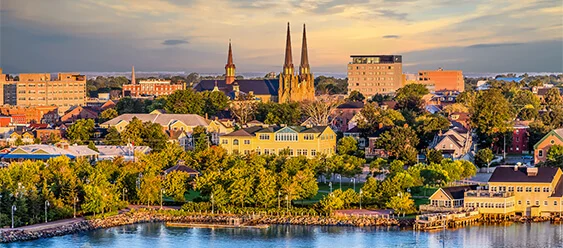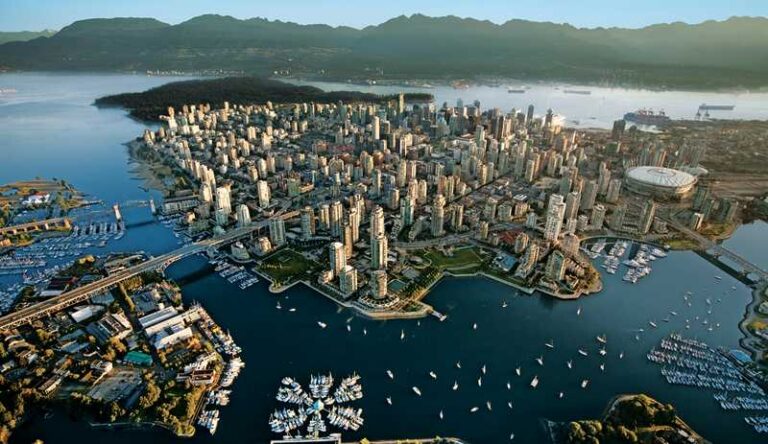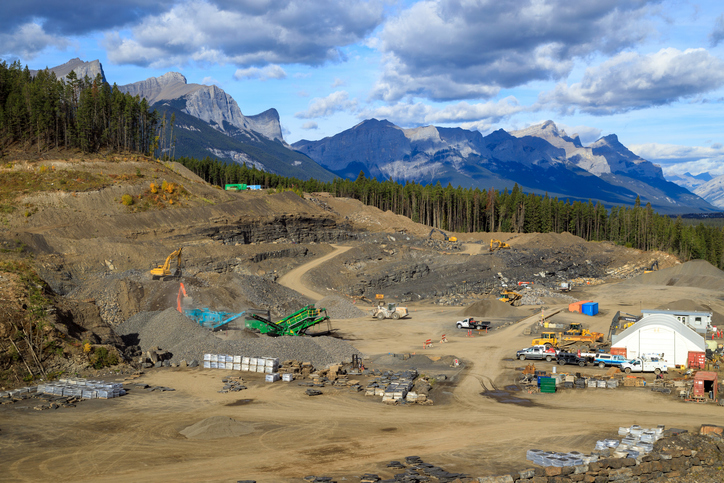Wednesday, September 3, 2025
Led by Mark Carney, the Liberal Party of Canada will form a fourth consecutive government, with minority status, which took longer to determine than usual. According to Elections Canada, a record 7.3 million Canadians took advantage of advance polls and more than 1.2 million special ballots were received from Canadians by mail, the first time these numbered over one million.
Carney is Canada’s 24th Prime Minister. He was elected Leader of the Liberal Party of Canada and sworn in as Prime Minister in March 2025. Carney seeks to form a government that unites Canadians, defends Canada’s sovereignty, and build the strongest economy in the G7.
Born in Fort Smith, Northwest Territories, and raised in Edmonton, Alta., Carney is the son of teachers and grew up with a strong sense of community and hard work. He earned a Bachelor of Economics from Harvard University in 1988, followed by a Master of Economics in 1993 and a PhD in Economics in 1995, both from Oxford University.
Carney commenced his career in finance before joining Canada’s public service. As Governor of the Bank of Canada during the 2008 financial crisis, he guided the government through one of the most turbulent economic periods in modern history, protecting jobs and helping ensure that Canada came out stronger. In 2013, he was recruited to lead the Bank of England, stewarding the United Kingdom’s economy through Brexit and the economic and political crises that followed. And in 2020, he began serving as the United Nations Special Envoy on Climate Action and Finance, helping rally the world to build stronger economies to fight climate change.
The snap federal election was held amidst an economically tumultuous time in North America and around the world.
“I know people are anxious right now,” stated Carney on the social media platform X. “The crisis in the United States doesn’t stop at their borders. They can become divided and weak, but this is Canada and we decide what happens here. Let’s choose to be united and strong.”
Meanwhile, south of the border, U.S. President Donald Trump got rock-bottom ratings on his first 100 days in office. After a few months of trade war announcements and tariff turmoil, Trump’s 41 per cent approval rating is now the lowest for any newly elected president at 100 days dating back at least seven decades.
Canada’s natural resources and climate action
According to statements from the Liberals, Canada’s natural heritage is under threat from climate change and unsustainable development practices. It is also under a more immediate threat: President Trump wants Canada’s land, water, and resources. “He wants to weaken us so America can own us – but we won’t let that happen. Our approach will draw on the wisdom of Indigenous traditions, the power of modern technology, and the strength of a united Canada,” according to a recent statement.
“Nature is part of our very identity as Canadians,” said Carney. “In this time of crisis, we need bold new approaches to protect Canada’s natural heritage and defend it for future generations.”
The Liberal government intends to:
- Conserve nature and biodiversity, including by creating at least 10 new national parks and marine conservation areas, and 15 new urban parks;
- Connect Canadians with nature by making access to National Parks and Historic Sites free for this summer;
- Bolster Indigenous stewardship, including by establishing a new Arctic Indigenous Guardians program, and funding Indigenous-led conservation and protection projects;
- Protect freshwater, including by investing $100 million in a strategic water security technology fund to advance Canadian R&D, AI, monitoring, and data tools;
- Enshrine First Nations’ right to water into law;
- Protect nature where it protects us, including by implementing nature-based climate solutions which deliver measurable carbon sequestration and biodiversity benefits, while supporting community resilience;
- Clean up, maintain, and protect wildlife in and around coastal waters, including by investing an additional $15 million to modernize the location, retrieval, and responsible disposal of the ghost gear threatening marine mammals and birds; and,
- Champion nature conservation internationally, including by stopping illegal wildlife trade across the borders with modern digital solutions.
When it comes to climate action, the Carney cut consumer carbon pricing before the campaign. The election platform also called for the following: a plan to introduce incentives to help families invest in clean energy, including reinstating the zero-emissions vehicle subsidy program; tightening the output-based pricing system for large industrial emitters to ensure carbon markets work properly; an openness to building pipelines and speeding up energy projects (allowing Quebec to veto any pipeline on its territory); phasing out the use of fossil fuels in government buildings by 2030.; developing a carbon border adjustment mechanism to tax imports from countries that don’t have comparable carbon pricing; investing $20 million to help the Nunavut Nukkiksautiit Corporation complete the first phase of the development of its hydroelectricity facility; and investing $94 million to upgrade power plants in Cambridge Bay, Gjoa Haven, Igloolik and Iqaluit.
Industry commentary on need for clean energy incentives and low-carbon solutions
The Canadian Renewable Energy Association (CanREA) congratulated Prime Minister Mark Carney and the Liberal Party of Canada for their election results.
“CanREA looks forward to strengthening our collaboration with the Canadian government to advance clean-energy initiatives nationwide. Expanding investments in wind, solar, and energy storage technologies is essential for safeguarding Canada’s economic sovereignty while delivering affordable, reliable and clean energy solutions. The urgency to act has never been greater,” said Vittoria Bellissimo, CanREA’s President and CEO.
During the campaign, Mr. Carney and the Liberal Party committed to a suite of proposals that support the rapid deployment of clean energy, including finalizing the Clean Economy Investment Tax Credits (ITCs), policies that have already galvanized private sector investment in Canada’s renewable energy and energy storage industry.
“We are ready to work with all 343 MPs to deliver on legislation that will accelerate the development of the new renewable energy and energy storage projects Canada needs to meet its economic and environmental goals,” said Fernando Melo, CanREA’s Federal Director. “CanREA will continue to champion the speedy introduction of legislation that will enable the Clean Electricity ITC and other tools to improve Indigenous communities’ and companies’ access to capital. We are also committed to working with the new Liberal government to secure Canada’s clean-energy supply chains during this period of uncertainty.”
The David Suzuki Foundation also congratulates the newly elected members of Parliament and calls on the incoming federal government to prioritize climate action and protect nature, an agenda that the majority of voters endorsed.
The foundation is calling for prioritizing nation-building projects that position Canada to succeed in the low-carbon economy, such as a national clean electricity grid and renewable energy projects, and work to halt and reverse biodiversity loss by investing in nature while upholding Indigenous rights and supporting Indigenous-led conservation.
“This is a moment for national unity and we call on all MPs to find common cause in safeguarding the environment. We all need clean air, safe water and a stable climate. Protecting the environment is about protecting our loved ones, homes and future,” said Linda Nowlan, Acting Executive Director, of the David Suzuki Foundation.
“The new government can advance Canada’s national interests in the face of threats with win-win solutions: climate and nature policies that create jobs, improve affordability, protect the wildlife and spaces we love and ensure we all have a healthy future. Canada’s economy and security depend on a healthy environment.”
For further information, click here.
Featured image credit: X/MarkJCarney

